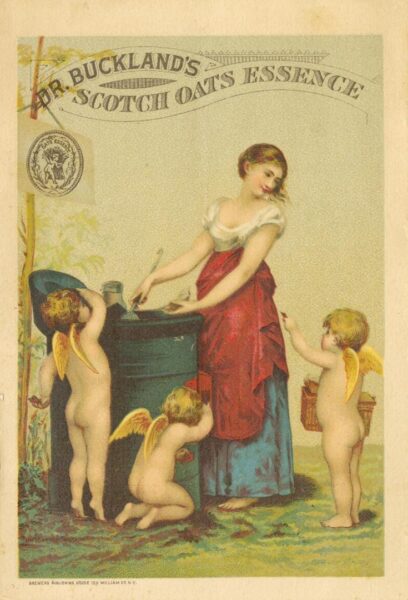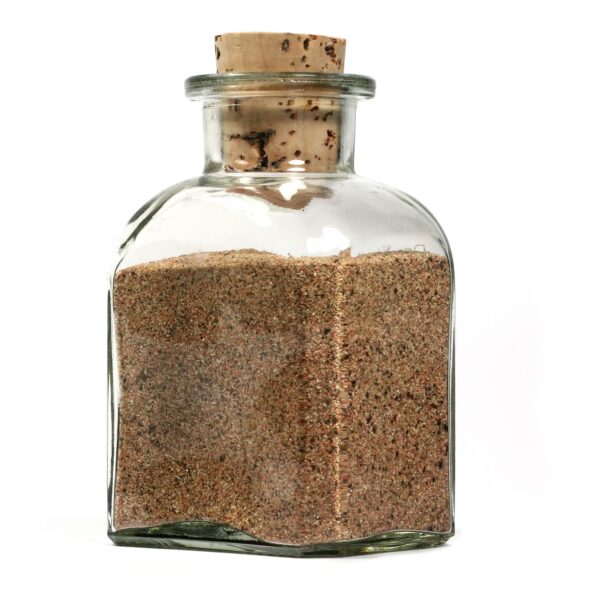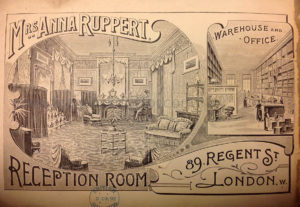
Source: The Morning Chronicle, 27 August 1803
THE PURE DROPS of LIFE; or, Vegetable Extract, prepared only by T. M. Lucas, V.D.M. Road, near Bath. Sold, by special appointment, at Messrs. H. and W. Humphries, No. 87, Fleet-street; No. 2, Haymarket; Mr. G. Long, No. 13, Great Newport street, Long Acre; Mr. Tabart, 157, New Bond -street; Mr. Palley, Newington Causeway; Mr. Leathwait, Royal Exchange; and by the principal Venders of genuine Medicines in the United Kingdoms; in Bottles at 2s. 9d. 6s. 11s. and 22s. each.—N.B. There is a saving of 1s. on the 11s. and 5s. on the 22s. Bottles
REV. CHARLES GREENLY, TO MR. LUCAS.
James’s-street, Bath, May 4th 1800
Sir—For several months I have been much afflicted with a very great hoarseness; I tried several things for relief, but to no purpose; at last I was prevailed upon to take your Pure Drops of Life; I soon found relief, and I bless God, after taking a few bottles, my hoarseness was entirely removed. I believe your drops to be a very precious cordial. I have recommended them to several, and shall continue to recommend them, and am your affectionate CHARLES GREENLY.
………………………………………………………………………….
Hoarseness was just one complaint that would supposedly surrender to the Pure Drops of Life. Mr Lucas also advertised them as being efficacious against colds, coughs, liver complaints, cholera morbus (this term could apply to a variety of gastrointestinal afflictions), palpitations, nervous affections, incubus (nightmares), and ‘indispositions of females’. He recommended them to singers and public speakers, saying ‘this Discovery is the greatest ever known, for clearing the voice, strengthening the lungs, and animating the whole frame.’
The ingredients included ‘a great variety of Flowers, Fruits, Seeds, &c.,’ so an endorsement from über-botanist Sir Joseph Banks was just the thing to give the Drops credibility. In a promotional pamphlet, Lucas claimed that he had visited Sir Joseph, who had taken a glass of the remedy and pronounced it an excellent carminative (anti-fart medicine). From this, Lucas concluded that:
If the pure drops of life are approved by the first botanist in the world, what family would be without them?
The key word is, of course, ‘if’. In 1807, a new anti-quackery publication called The Medical Observer wrote to Sir Joseph (after some prompting from a reader) for his version of events. He replied:
I am much too well convinced of the unavoidable necessity of regular medical advice, in the administration of every medicine whatever, to have on any occasion allowed my name to be used as a recommendation of any nostrums or quack medicines.
He had never seen Mr Lucas’s advertisements and the use of his name was unauthorised. The wording doesn’t rule out the possibility that Mr Lucas did encounter Sir Joseph at some point, with the two parties perhaps interpreting the meeting differently, but Sir Joseph’s view was:
I certainly consider it a crime against the public, to recommend to them, by false pretences, or by deceit of any kind, medicines or any other matters or things.
The Medical Observer also drew attention to the letters V.D.M. after Lucas’s name – a suffix that might have appeared to the unwary to be a medical qualification, but meant Verbi Dei Minister – Minister of the Divine Word. This was a fairly flexible designation that people could adopt to show their dedication to preaching the Gospel, without necessarily having a theology degree or being ordained in the Church of England. It was useful for nonconformist preachers who had a strong commitment to God but nothing much ‘official’ to back it up (er… a bit like how I claim to be a historian just because I research history a lot, I suppose!)
Some of Lucas’s ads refer the reader to an article in the Evangelical Magazine that supported his claims. In fact, this was just another advert that he wrote himself. I don’t know whether Lucas was a genuine preacher but I suspect he was, and probably didn’t see any contradiction between his calling and his rather dubious methods of promoting his invention.
The Medical Observer mentions the wider problem of quacks using fake or irrelevant qualifications to impress the punters. It tells of one such character who, as well as claiming to be an M.D., put E.D. A.T.W. D.A. after his name. Although I wouldn’t put it past the editors to have embellished this story, it’s worth repeating what the letters stood for:
E.D. – Electrical Doctor
A.T.W. – Author of a Treatise on Worms
D.A. – Donor of Advice
There – I think everyone on the planet qualifies as a D.A. Congratulations!
.



I would like to be able to put E.D. as well as D.A. after my name, and tell people at parties, who want to know what I do (and heaven knows it is hard to explain!) that I am, in fact, and Electrical Doctor.
Oh, and a Donor of Advice. That ought to impress them! 😉